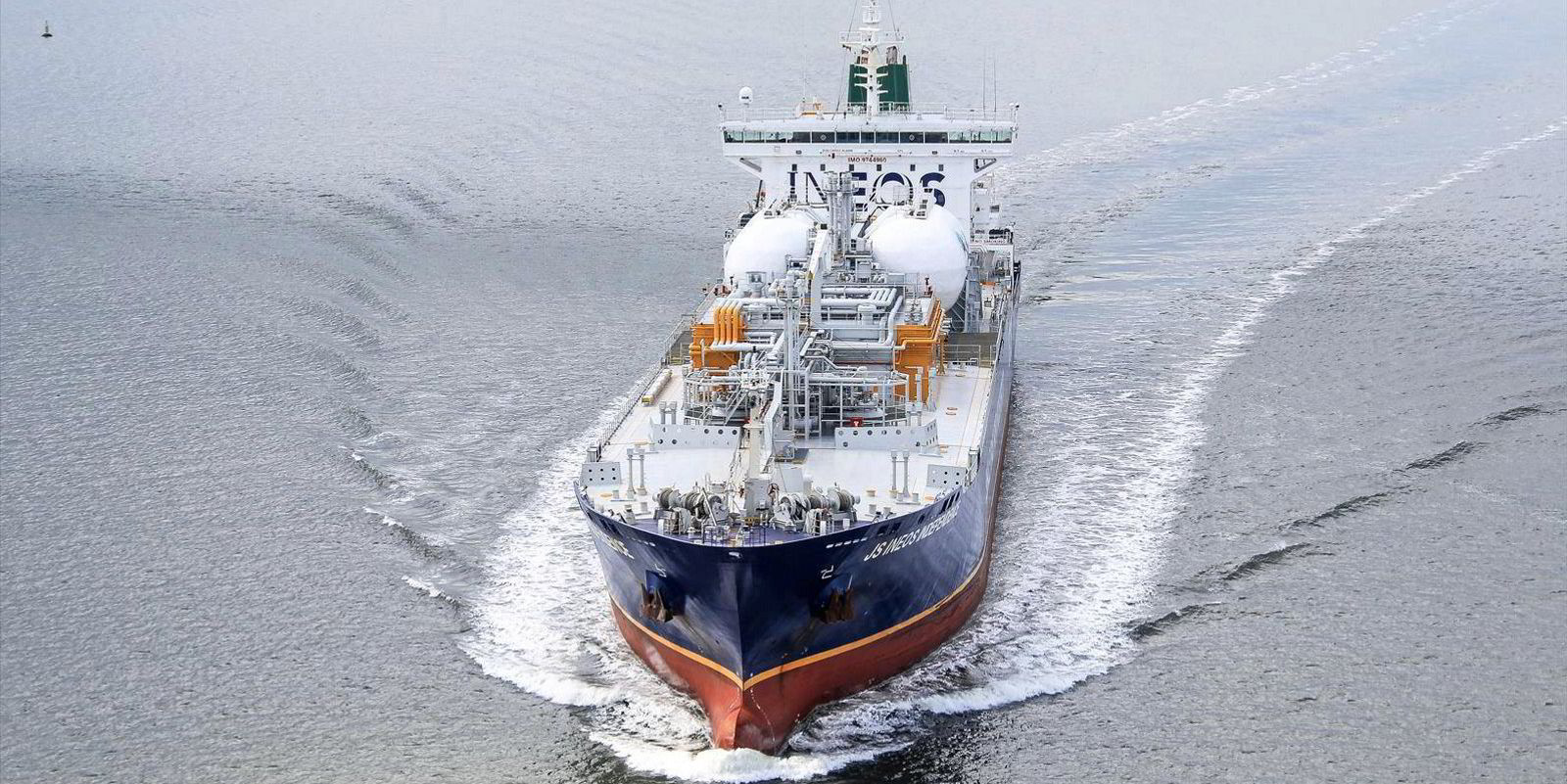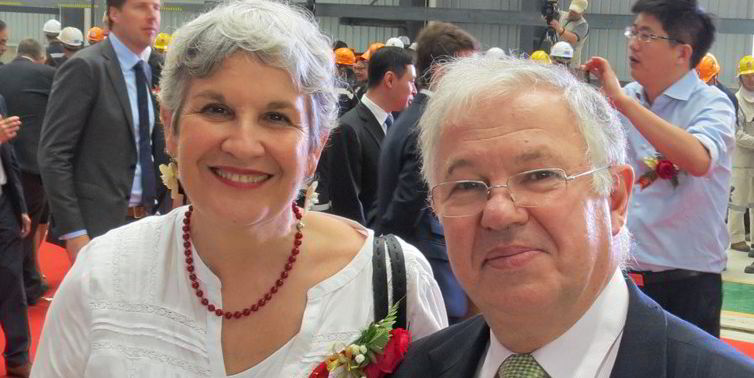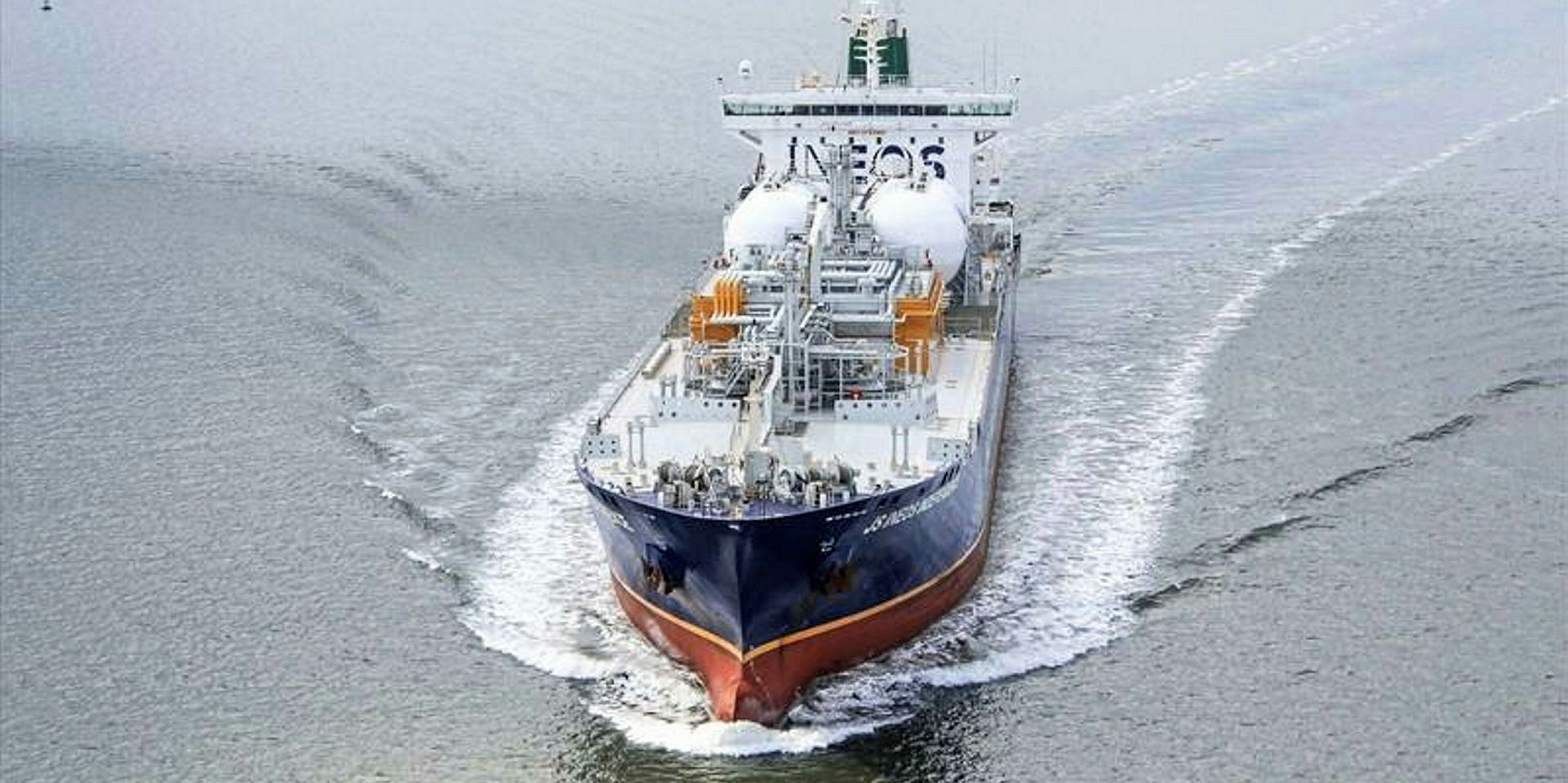Evergas is still targeting new ventures in the small LNG carrier market, although these are on hold while it awaits a settlement with creditors of parent company Jaccar Holdings.
Evergas also plans to walk away from the pressurised LPG carrier business with the redelivery of its small-ship fleet once present charters have run.
Owner Jacques de Chateauvieux recently reiterated his support for niche investments in specialised gas shipping, including LNG, but told TradeWinds that any such investments would have to wait for the clarification of restructuring agreements.
Evergas, which is owned by de Chateauvieux through subsidiary Greenship Gas, controls a 16-ship gas fleet.
Its vessels range from two VLECs of 82,000 cbm and 95,000 cbm to eight Dragon-class, 27,500-cbm multigas ships that can trade ethane or LNG, and six chartered-in, 5,000-cbm pressurised LPG carriers.
Specialised
The core of the business is the larger, more specialised ships. All of the Dragon-class vessels are on long-term charter to Ineos Trading & Shipping for its transatlantic ethane business.
But at least one has been switched over to LNG, and the owner has expressed a wish to enter the under-tonnaged small and midsize LNG market.
The 27,500-cbm JS Ineos Independence (built 2017) was relet by Ineos to New Fortress Energy for its first LNG business in September 2019.
Evergas chief executive Steffen Jacobsen told TradeWinds last year that the company would consider building and owning LNG tonnage from 5,000 cbm to 100,000 cbm, including bunkering vessels. It had already participated in bunkering tenders.
“We haven’t won anything but we’ve certainly put the effort in,” Jacobsen told TradeWinds at the time.
Financial filings from 2017 reported a bond payment deadline of June 2021 under an agreement with creditors of Jaccar Holdings.
Even if the company resolves creditor issues and can invest again, de Chateauvieux said it will redeliver all of its small LPG carriers once their charters expire in 2024.
“We are not interested in rechartering them,” he said. “We have already told the owners we are not going to keep them.
“We don’t have a team for the smaller vessels, and other people are more focused on pressure tonnage. There has been considerable consolidation in that sector.”





